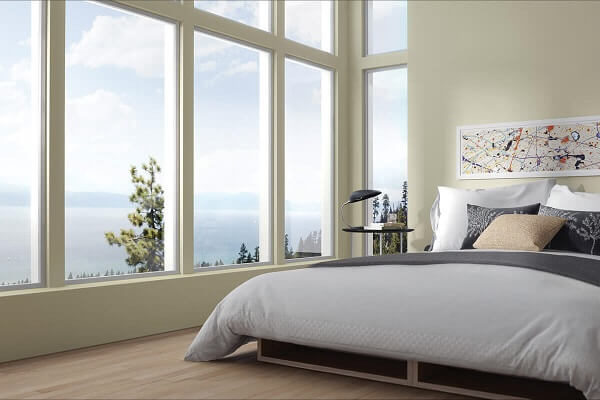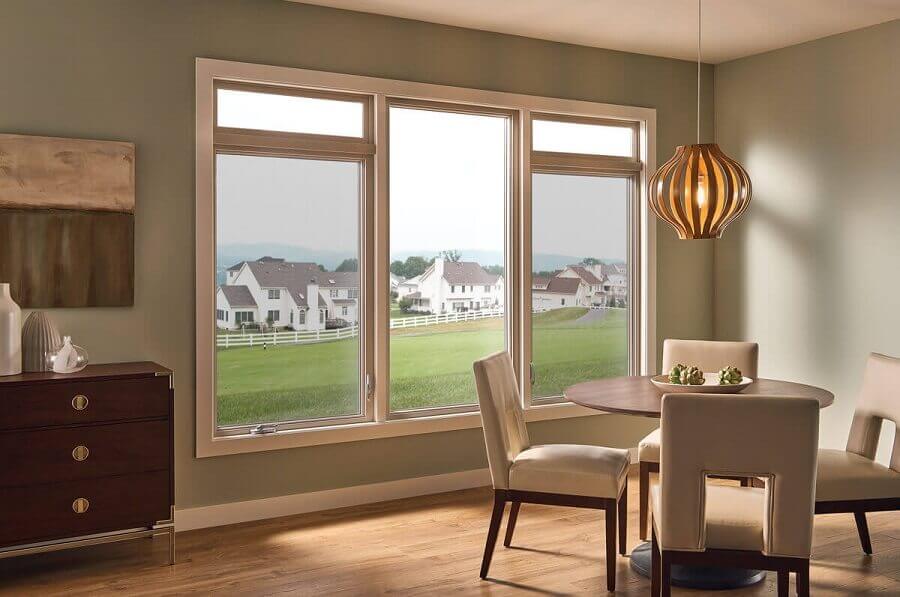
In the sun-drenched city of Huntington Beach, CA, the debate between replacement and retrofit windows is not merely about aesthetics but also hinges significantly on their environmental impact. Both options present unique environmental implications, from production to disposal, ultimately influencing the carbon footprint of homes in the region. In this piece, we delve into the contrast between the eco-efficiency of replacement windows in Huntington Beach, CA, and the sustainability of retrofit windows. We intend to provide an understanding of how each choice can contribute to or detract from our collective efforts to preserve the planet. Be prepared to rethink your window options from an entirely new, environmentally-conscious perspective.
Energy Consumption in Window Production
The production of new windows requires considerable energy, including the extraction of raw materials and their transformation into the finished product. Materials such as vinyl, aluminum, or wood undergo numerous processes, each contributing to the total energy consumption. Additionally, transporting these materials from various locations worldwide adds to the overall energy footprint. The production phase is critical in evaluating a window’s environmental impact considering the total energy used.
Insulation Efficiency and its Impact
One of the most significant environmental factors associated with windows is their insulation efficiency. A window that effectively traps heat during winter and reflects it in the summer can drastically reduce a home’s energy consumption. This leads to fewer greenhouse gas emissions, contributing to global warming mitigation efforts. Evaluating a window’s insulative properties is a fundamental aspect of its environmental footprint.
Longevity and Durability: A Factor to Consider
The lifespan of windows is a crucial aspect of their environmental impact. Windows that are more durable and longer-lasting require less frequent replacement, leading to fewer resources being used over time. In this context, understanding the durability of different window types can help reduce environmental degradation while still providing the desired benefits.
End-of-Life Disposal and Recycling Opportunities
End-of-life window management, including disposal and recycling, is significant in environmental impact. Windows that are challenging to recycle or dispose of safely contribute more significantly to environmental degradation. Therefore, understanding how different types of windows are handled at the end of their life cycle is essential to their total ecological assessment.
The Role of Windows in Green Building Design
Green building design strategies aim to reduce the environmental impact of buildings while improving indoor air quality and energy efficiency. Windows play an essential role in this realm, contributing to energy-saving through improved insulation and natural light access. Considering the part of windows in green building design can provide valuable insight into the overall environmental impacts of window choice.
In conclusion, the environmental impact of our window choices, including replacement windows in Huntington Beach, CA, and retrofit windows, is significant. Business owners recognize the importance of balancing aesthetics, cost-effectiveness, and sustainability. We extend an invitation to you to join us in making environmentally-responsible choices. Your decision can significantly reduce our homes’ carbon footprints, encouraging sustainable consumption and production. Contact us today to discuss your window needs, and together, we can make a choice that enhances your home and contributes positively to our planet.





